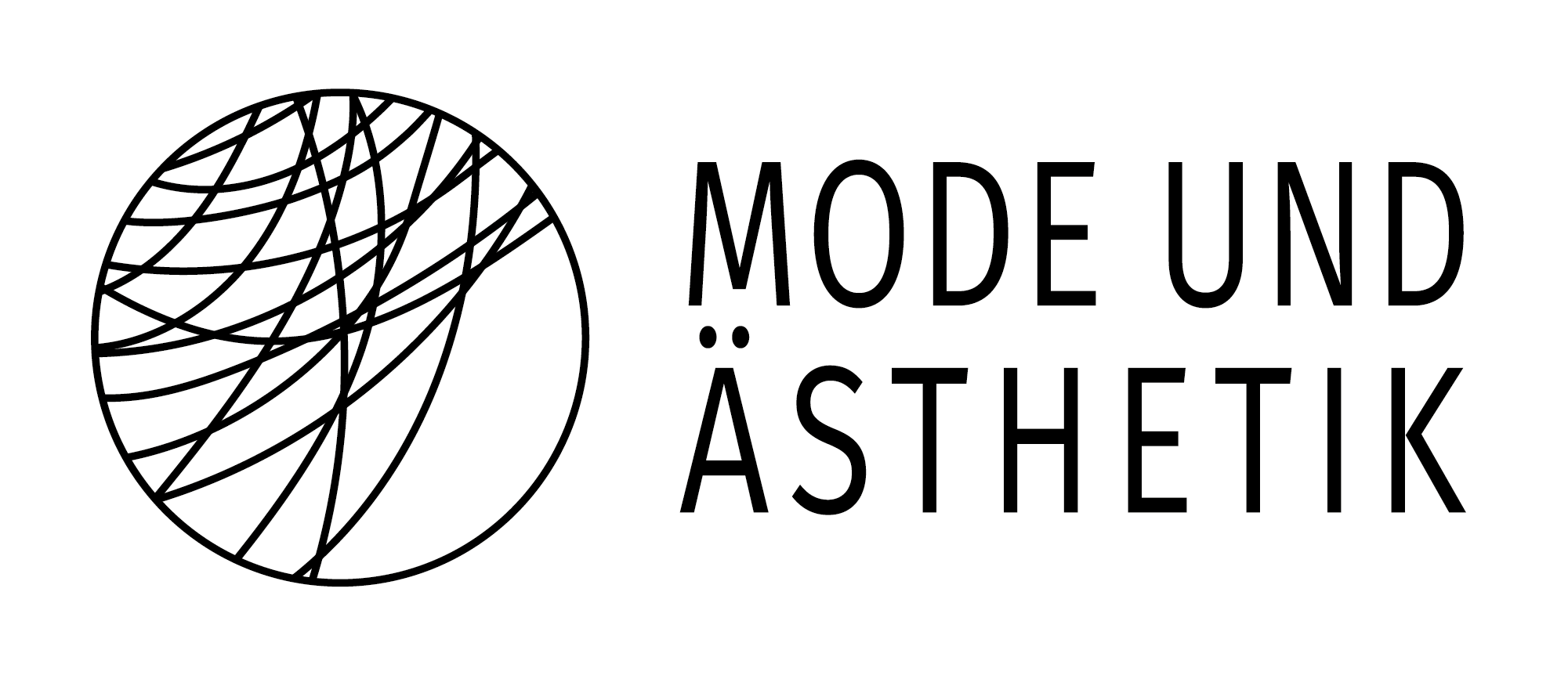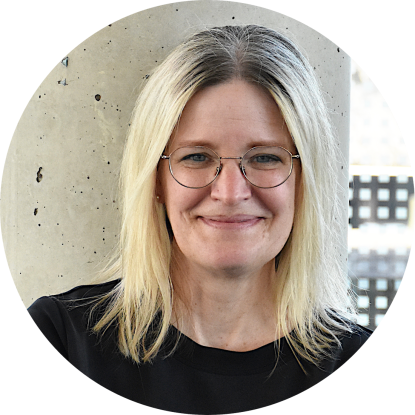35TH CIHA WORLD CONGRESS | MOTION: MIGRATIONS SÃO PAULO | JANUARY 17-21, 2022
Link : www.ciha2022.mac.usp.br/motion-migrations/
SESSION 13 – MIGRATION AND TRANSCULTURALIDAD(E): AGENTS OF TRANSCULTURAL ART AND ART HISTORY (THURSDAY AND FRIDAY)
CHAIRS
Alexandra Karentzos (Technische Universität Darmstadt, Germany)
Miriam Oesterreich (Universität der Künste Berlin, Germany)
Paula Viviane Ramos (UFRGS, Brazil)
Abstract:
As terms, migration and transculturality have a common origin in the permanent transgression of national and cultural boundaries, together with the instability of the latter, and both take account of the phenomena of cultural contact as well as cultural processes of negotiation. Migration implies the global movement of people. Along with this movement of people, images and aesthetic concepts, things and everyday practices are also part of such migration processes. To this extent, migration in particular does set processes of transculturation in train. Phenomena of cultural as well as artistic adoption and ‘blending’ (mestizaje, creolisation, métissage, hybridity, migration) are dealt with globally and form a particular research area. From the 1920’s onwards, and particularly at a time of increasing nationalistic and racist discourse in Europe, which resulted in global migration streams, theoreticians like Gilberto Freyre, José Vasconcelos and Fernando Ortiz debated such phenomena, reflected on them and developed very early standpoints on a “history of transcultural thought” (Christian Kravagna). These ideas to bring ethnic and cultural fantasies of purity into question also provide a basis for postcolonial theory formation, concepts of cultural hybridity, and decoloniality (Homi K. Bhabha, Edward Said, Stuart Hall, Néstor García Canclini, Walter D. Mignolo, Enrique Dussel).
The session seeks to analyse whether and how such theoretical positions are appropriated and converted in the production of images and art and can be rendered productive for writing art history, or how far standpoints in Postcolonial Studies provide a repertoire for comprehending
transculturally interconnected histories of art. We intend to ask in this session, to what extent the migration of people is related to transculturation processes in art. The potential artistic standpoints, which reflect migration and transculturality, can range from pre-colonial objects and examples of iconography via art in colonial contexts up to contemporary art. Many artists around the globe reflect on the ability of art to show the social, economic, emotional entanglements of migration and transcultural processes. The question then remains as to how art shifts perspectives on migration und how art can foster a theoretical reframing of transculturality? How can artistic practices as appropriation, bricolage, collage, montage be understood as a form of hybrid aesthetics?
Thursday
| 14:00 – 14:20 | Opening Remarks |
| 14:20 – 15:00 |
MRINALINI SIL (School of Arts and Aesthetics, Jawaharlal Nehru University, India) Imaging courtly cosmopolitanism and making of an imperial collection: An exploration of Robert Clive’s Ganjifa cards from eighteenth century Bengal |
| 15:00 – 15:40 |
LIISA KALJULA (Tallinn University; Art Museum of Estonia) Pop Art or Sots Art? Appropriation of Soviet Visual Culture in Estonian Art under Late Socialism |
| 15:40 – 16:00 | Coffe Break |
| 16:40 – 17:20 |
BRANDON SWARD (University of Chicago) How to make site-specific art when sites themselves have histories: Whittier Boulevard as Asco’s „El Camino Surreal“ |
| 17:20 – 18:00 |
ASIEL SEPÚLVEDA (Southern Methodist University) The Día de Reyes Processions: African Cabildos and Artistic Modernity in Nineteenth-Century Havana |
| 18:00 – 19:30 | Keynote Lecture |
Friday
| 09:00 – 09:40 |
LISA ANDREW (University of Wollongong, New South Wales, Australia) Modified Fruit: Weaving transcultural threads between Santa Cruz and Santa Cruz |
| 09:40 – 10:20 |
BIODUN PAUL AFOLABI (Rhodes University, South Africa) Climate Change, Forced Migration and Cultural Vulnerabilities of Migrants. |
| 10:20 – 11:00 |
MONA SCHIEREN (University of the Arts Bremen) Agents of the Construction of Asianistic Aesthetics in the West. Ernest Fenollosa, Okakura Kakuzō and Post-War American Art |
| 11:00 – 11:20 | Coffee Break |
| 11:20 – 12:00 |
HANNA BÜDENBENDER (Universit ät des Saarlandes, FachrichtungKunst- und Kulturwissenschaft, Institut f ür Kunstgeschichte, Saarbr ücken, Germany) Representing and Negotiating the U.S.-Mexico Borderlands: Photography, Migration and Transculturality |
| 12:00 – 12:40 |
MELANIE VIETMEIER (Independent Scholar) In Motion: National Imaginaries and Transcontinental Entanglements in Peruvian Modern Art and Textile Design |
| 12:40 – 14:00 | Lunch |
| 14:40 – 15:20 |
RANCISKA NOWEL CAMINO (Johann Wolfgang Goethe-Universit ät, Frankfurt am Main) Transcultural Text(il)-Knots. Quipus in the artistic practice from Jorge Eduardo Eielson and Cecilia Vicuña |
| 15:20 – 16:00 |
JOSEPH R. HARTMAN (University of Missouri-Kansas City) Hurricane Hybridity: Migration, Transculturation, and the Art History of Hurricanes |
| 16:00 – 16:20 | Coffee Break |
| 16:20 – 17:00 |
ANELISE TIETZ (Universidade do Rio de Janeiro) Transits in the margins: art and migration in Latin America |
| 17:00 – 17:40 | Final Remarks |
| 18:00 – 18:30 | Final Ceremony |
| 18:30 – 20:00 | Final Celebration |



